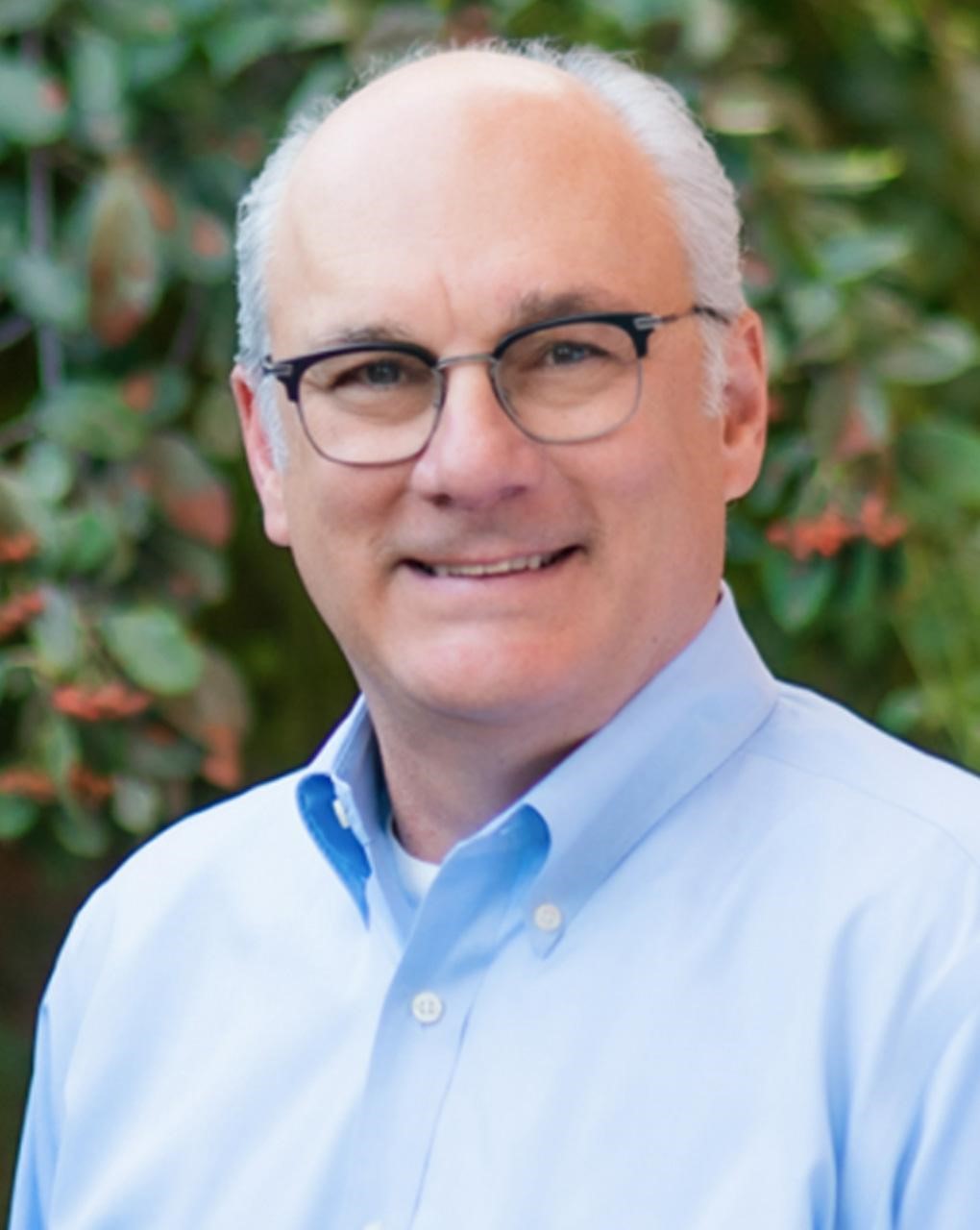
Mark Walters, MD
Jordan Family Director
Blood & Marrow Transplant (BMT) Program, BCH-Oak
Chief, Hematology Division
Professor, Pediatrics/Hematology
Dr. Walters is the Jordan Family Director of Bone Marrow Transplantation at UCSF Benioff Children’s Hospital Oakland. He has been the director of stem cell therapy and a division leader since 1999. He has devoted his research career to pursuing curative therapies for hemoglobin disorders with an overarching goal of expanding this treatment more broadly to affected individuals. With NIH and industry support, Dr. Walters has conducted a number of multicenter clinical trials for sickle cell disease and thalassemia. He is currently focused on initiating early-phase clinical trials to test novel genomic editing techniques in hematopoietic stem cells (HCT) from individuals affected by hemoglobin disorders, starting with a high-profile trial in sickle cell disease.
 Babis Andreadis, MD
Babis Andreadis, MD
Professor of Clinical Medicine
Director of Clinical Research Support Office (CRSO), Helen Diller Family
Comprehensive Cancer Center
Medicine
Dr. Andreadis is a hematologist who specializes in bone marrow transplantation for adults with a focus on treating Hodgkin's and non-Hodgkin's lymphoma, leukemia, and multiple myeloma.
 Christopher Dvorak, MD
Christopher Dvorak, MD
Professor of Clinical Pediatrics,
Chief, Division of Pediatric Allergy, Immunology, and Blood and Marrow Transplantation
Medical Director, Pediatric Cellular Therapy Laboratory
UCSF Benioff Children’s Hospital of San Francisco
Dr. Dvorak is a pediatric bone marrow transplant specialist in the Bone Marrow Transplantation Program at UCSF Benioff Children’s Hospital San Francisco. His research foci are: 1) the supportive care aspects of pediatric hematopoietic cell transplantation (HCT), with a goal of decreasing treatment-related morbidity and mortality, especially infections; and 2) novel transplant strategies for patients with severe combined immunodeficiency (SCID). He is the past chair of the international Pediatric Blood and Marrow Transplant Consortium’s (PBMTC) Supportive Care Strategy Group and current chair of the Cancer Control & Supportive Care Committee of the Children’s Oncology Group (COG), where he has led several trials and oversees the design and implementation of new trials in this field. Dr. Dvorak is also the national principal investigator of the prospective SCID study for the Primary Immune Deficiency Treatment Consortium.
 Kathleen Liu, MD, PhD, MAS
Kathleen Liu, MD, PhD, MAS
Professor of Medicine
University of California, San Francisco
Dr. Liu’s areas of interest focus on the predictive and pathogenetic role of biomarkers for both acute and chronic disease states. Her long-term goal is to identify and validate novel biomarkers of organ injury (specifically the kidney and lung) that may have predictive value for disease outcomes as well as shed important insight into disease pathogenesis. She also has a major interest in clinical trials in the intensive care unit, with a particular focus on acute lung injury and acute kidney injury.
 Tippi Mackenzie, MD
Tippi Mackenzie, MD
Professor of Surgery
Director, The Eli and Edythe Broad Center of Regeneration Medicine and Stem Cell Research at UCSF
Co-Director, Center for Maternal-Fetal Precision Medicine
Dr. Tippi MacKenzie, a pediatric surgeon at UCSF Benioff Children's Hospital and its Fetal Treatment Center, has a special interest in fetal surgery, advanced laparoscopy and endocrine and biliary surgery. MacKenzie is a member of the Biomedical Sciences Program and the Institute for Regeneration Medicine, with a research focus in in utero stem cell transplantation to treat genetic disease and establishing immunological tolerance across the MHC barrier in pediatric hereditary disorders.
 Michael A. Matthay, MD
Michael A. Matthay, MD
Professor, Medicine & Anesthesia
Associate Director, Intensive Care Unit
Senior Associate, Cardiovascular Research Institute
University of California, San Francisco
Dr. Matthay is a Professor of Medicine and Anesthesia and a senior associate at the Cardiovascular Research Institute. He is director of the Critical Care Medicine Training in the Department of Medicine and associate director of the Intensive Care Unit. Dr. Matthay’s research focus is on developing cell-based therapies that he hopes will make a major difference in reducing mortality in patients with acute respiratory distress syndrome, a major cause of acute respiratory failure in critically ill patients. Among Dr. Matthay’s funded research is a NIH/NHLBI-sponsored phase 1/2 clinical trial of mesenchymal stem (stromal) cells for the treatment of Acute Respiratory Distress Syndrome (START) and a new DOD study “Mesenchymal Stem Cells for Treatment of ARDS Following Trauma.”

Brian Shy, MD, PhD
Assistant Professor in Residence
Laboratory Medicine
Dr. Shy is the Medical Director in the Department of Laboratory Medicine, specializing in Cellular Therapy and Transfusion Medicine. His research interests are in the therapeutic application of genome editing tools, and has been focusing on clinical translation of non-viral CRISPR/Cas9-based approaches.
 Qizhi Tang, PhD
Qizhi Tang, PhD
Professor of Surgery
Director, Transplantation Research Lab
Dr. Tang is an immunologist and translational researcher with expertise in immune tolerance and islet transplantation. The Tang lab focuses on translating knowledge on mechanisms of immune tolerance into novel therapeutics for treating autoimmune diabetes and preventing transplant rejection. Currently, two major areas of work are on therapeutic application of regulatory T cell therapy in type 1 diabetes, and transplantation and immune modulation to enable immune suppression-free transplant of stem-cell-derived beta cells for treatment of type 1 diabetes.

 Babis Andreadis, MD
Babis Andreadis, MD Christopher Dvorak, MD
Christopher Dvorak, MD Kathleen Liu, MD, PhD, MAS
Kathleen Liu, MD, PhD, MAS  Tippi Mackenzie, MD
Tippi Mackenzie, MD Michael A. Matthay, MD
Michael A. Matthay, MD
 Qizhi Tang, PhD
Qizhi Tang, PhD